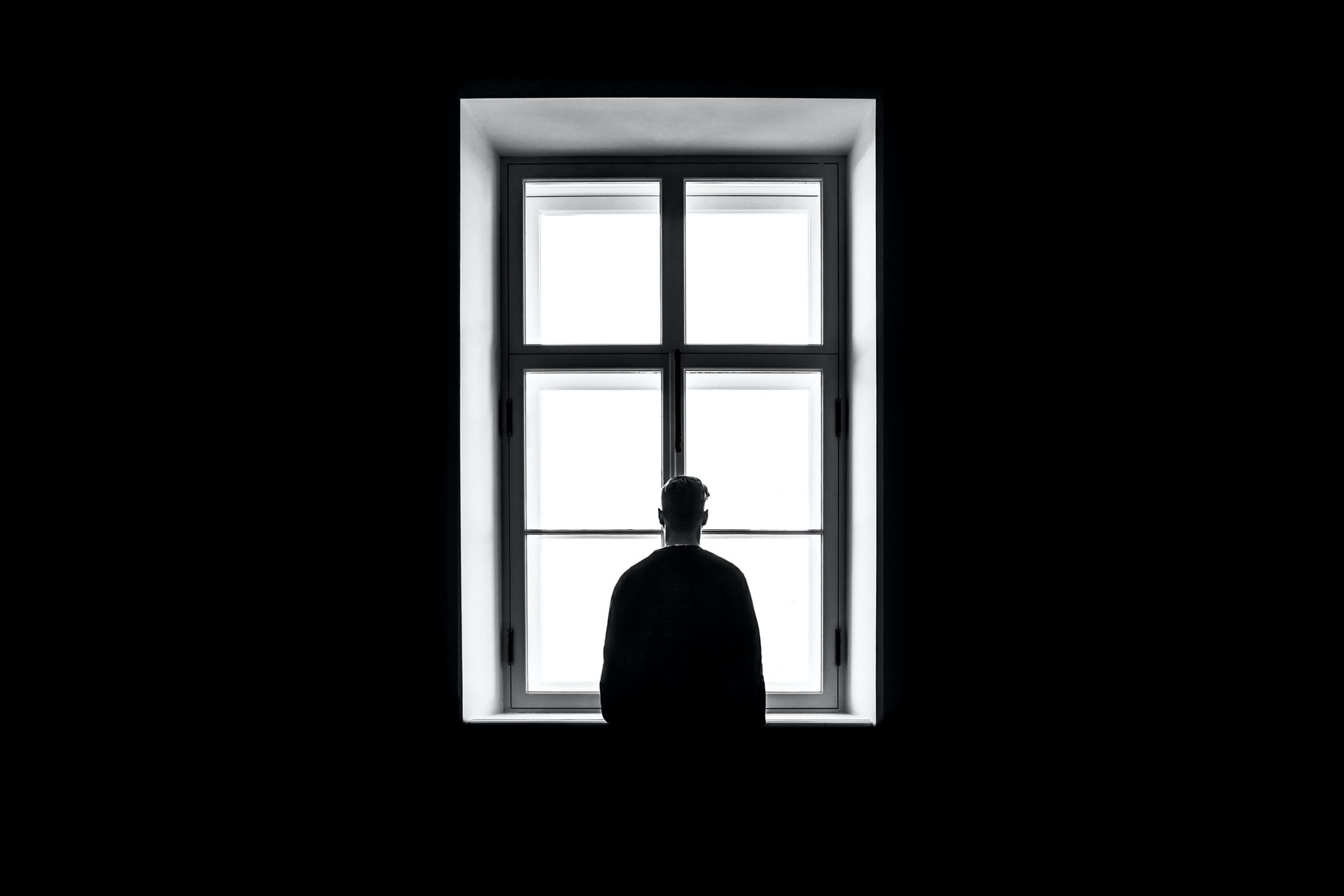(RNS) — A priest presides at an elaborate funeral for someone’s only friend, a robot. An elderly person places an ad in a newspaper seeking a couple willing to adopt him as their grandfather. A man in Tokyo enters a business and rents someone just to cuddle with him. He returns several times that year to rent a pet, a friend and several relatives for the holidays.
All of these people were pursuing solutions to loneliness, a problem the U.S. Surgeon General has called an epidemic, of a disease as deadly as smoking 15 cigarettes a day.
Having a robot as your only friend may seem sad and lonely in itself. But honoring any meaningful relationship at its end is beautiful. Renting a relative to celebrate the holidays or a friend for a walk in the park may seem pathetic. But accepting situations you cannot readily change and not allowing them to define, dominate or isolate you is quite noble.
Loneliness is not necessarily a state of depravity that requires a cure. Loneliness is not a sin or a weakness, even if the surgeon general calls it a disease. The eradication of loneliness is not always necessary or possible — or even desirable. Indeed, there is much to be learned from loneliness: companionship, prophecy, solidarity, fun and freedom — even creativity.
Without loneliness, we would not have the lessons of Isaiah about the lonely exile. Hildegard of Bingen wrote that, without loneliness, she would not have discovered freedom through contemplation that erases the separation between the seer and the seen and that closes the gap between an authentic and inauthentic self.
Countless beautiful songs, poems, psalms, hymns and liturgies were born of loneliness. Nelson Mandela, Martin Luther King Jr., Mother Theresa and many spiritual leaders of various faith and non-faith traditions wrote about loneliness and its beneficial effect on their lives. Dorothy Day wrote her book “The Long Loneliness” out of a deep and personal experience with loneliness that did not disempower her soul, but that helped create a fierce spirit of commitment and community.
In Hebrew and Christian Scripture, God created humankind in God’s own image in part, it seems, because even God was lonely.

Photo by Sasha Freemind/Unsplash/Creative Commons
Even freedom can be lonely. Out of loneliness, some people return to people and places where they have been harmed and sever contact with those who tried to help them. The Hebrew people, living as slaves and servants under Pharaoh in Egypt, were freed, but finding themselves in the wilderness, some wanted to go back.
We experience the same discomfort in the liminal space between religious tradition and transition. We can be lonely as we attempt to let go and hold on at the same time. Unable to go back, fearful to go forward, we stay stuck.
Yet rarely is loneliness mentioned explicitly in the Bible or in our churches. It is implied, but not declared. The often dire consequences of loneliness are seen, felt and heard but not acknowledged.
Did you ever wonder if Eve and Adam, after their banishment, were lonely for the Garden of Eden? I would have been. Were Eve and Adam lonely for their son, Abel, who was killed by his brother Cain? Was anyone on the ark, including Noah, lonely for home as they drifted on an endless sea of darkness and uncertainty? Was it out of loneliness that Jesus cried from the cross, “Why have you forsaken me?” I cannot imagine a lonelier place or a lonelier question on the lips of a lonelier person.
There are other stories in the Bible and in other traditions in which loneliness is silently and stoically entwined. These stories bear witness to our own stories and help us carry our own blessings and burdens and help others to carry their loneliness.
Yet loneliness remains a taboo subject. There is a saying that there are two things you should never discuss at a dinner party: politics and religion; but there are actually three: politics, religion and loneliness. Mention at a dinner party that you are lonely and people will exploit, avoid or try to cure you.
As a result, people often suffer needlessly from loneliness. It is stigmatized, misunderstood, pathologized, pitied or ignored. Loneliness is frequently reported as a contributing factor in domestic violence and substance use disorder. Some people’s loneliness contains significant mental or emotional components that need to be addressed with professional help.
We do not need to discover new ways around our loneliness. We are already adept at doing that. We need not even resort to befriending robots or renting friends. Loneliness can be shared among clergy and congregations. A church grieves together, celebrates together and grows along spiritual lines together.
But many who never go into a church can find community with colleagues, neighbors and friends. Churches and other communities can learn how to be lonely together, and in so doing, integrate and perhaps even transcend loneliness. They may even, by journeying through loneliness together, discover what is valuable within and beyond it.
(Dwight Wolter is pastor of the Congregational Church of Patchogue, New York. This article is adapted from his book “The Gospel of Loneliness,” from The Pilgrim Press. The views expressed in this commentary do not necessarily reflect those of Religion News Service.)





